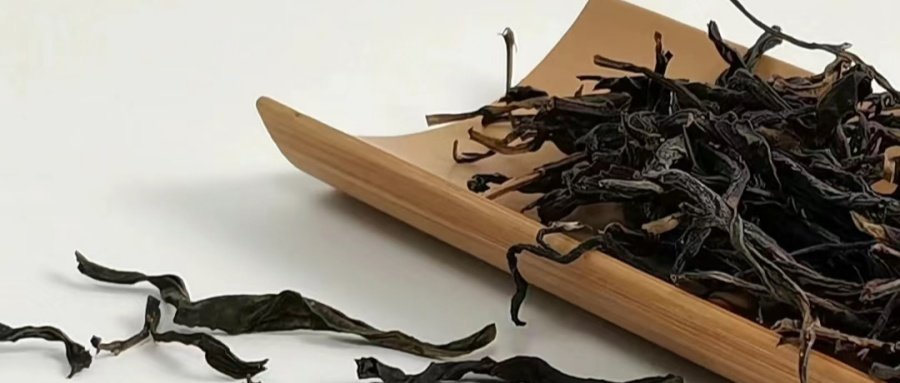Tea leaves, celebrated for their myriad health benefits and delightful flavors, are not only a cherished beverage but also a valuable resource for nurturing plant life. Rich in nutrients, organic matter, and beneficial compounds, tea leaves can serve as a natural fertilizer, soil conditioner, and pest deterrent for gardens, houseplants, and outdoor landscapes. In this blog, we’ll explore the benefits of using tea leaves as a sustainable and eco-friendly solution for enhancing plant health and growth.
- Nutrient-Rich Organic Matter:
Tea leaves are packed with essential nutrients such as nitrogen, potassium, phosphorus, and trace minerals, which are vital for plant growth and development. When used as a mulch or incorporated into the soil, tea leaves gradually break down, releasing nutrients that nourish the soil and provide a steady supply of food for plants. Additionally, tea leaves contain organic matter that helps improve soil structure, retain moisture, and promote beneficial microbial activity in the soil, creating an ideal environment for plant roots to thrive.
- Soil Conditioning and pH Balance:
Tea leaves possess natural acidity, which can help balance the pH levels of alkaline soils and improve soil fertility. When tea leaves decompose, they release organic acids that help lower soil pH, making essential nutrients more accessible to plants. This is particularly beneficial for acid-loving plants such as azaleas, rhododendrons, and blueberries, which thrive in slightly acidic soil conditions. By incorporating tea leaves into the soil or using them as a mulch, gardeners can create a more hospitable environment for these plants to flourish.

- Pest Control and Disease Prevention:
Tea leaves contain compounds such as tannins and caffeine, which possess natural insecticidal and antifungal properties. When used as a mulch or brewed into a tea solution, tea leaves can help deter pests such as aphids, snails, and slugs, as well as prevent fungal diseases such as powdery mildew and damping-off. Additionally, the caffeine in tea leaves can inhibit the growth of certain weeds, reducing competition for nutrients and water and promoting healthier plant growth.
- Composting and Sustainable Gardening:
Using tea leaves in composting is an excellent way to recycle organic waste and enrich the nutrient content of compost. Tea leaves add valuable organic matter, nitrogen, and micronutrients to compost piles, accelerating the decomposition process and producing nutrient-rich compost for use in gardens and landscaping. By incorporating tea leaves into composting practices, gardeners can reduce waste, conserve resources, and promote sustainable gardening practices.

Tea leaves are a valuable resource for enhancing plant health, enriching soil fertility, and promoting sustainable gardening practices. Whether used as a mulch, soil amendment, pest deterrent, or compost ingredient, tea leaves offer a natural and eco-friendly solution for nurturing plants and creating thriving garden ecosystems. By harnessing the power of tea leaves, gardeners can cultivate healthier, more vibrant gardens and landscapes while reducing their environmental impact and fostering a deeper connection with the natural world. So, the next time you brew a cup of tea, consider saving the leaves for your plants and watch as they flourish with the nourishing essence of the leaf.
